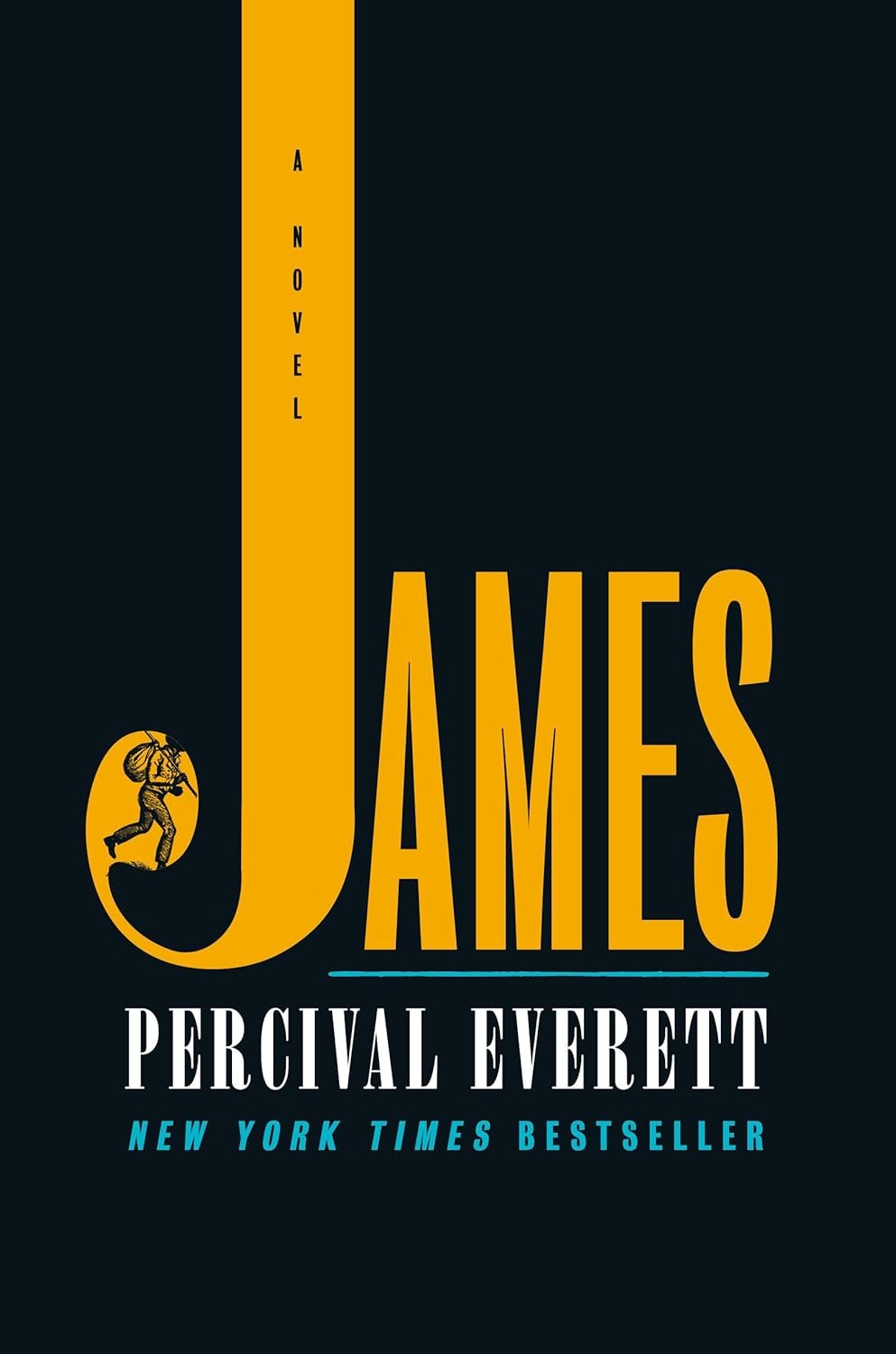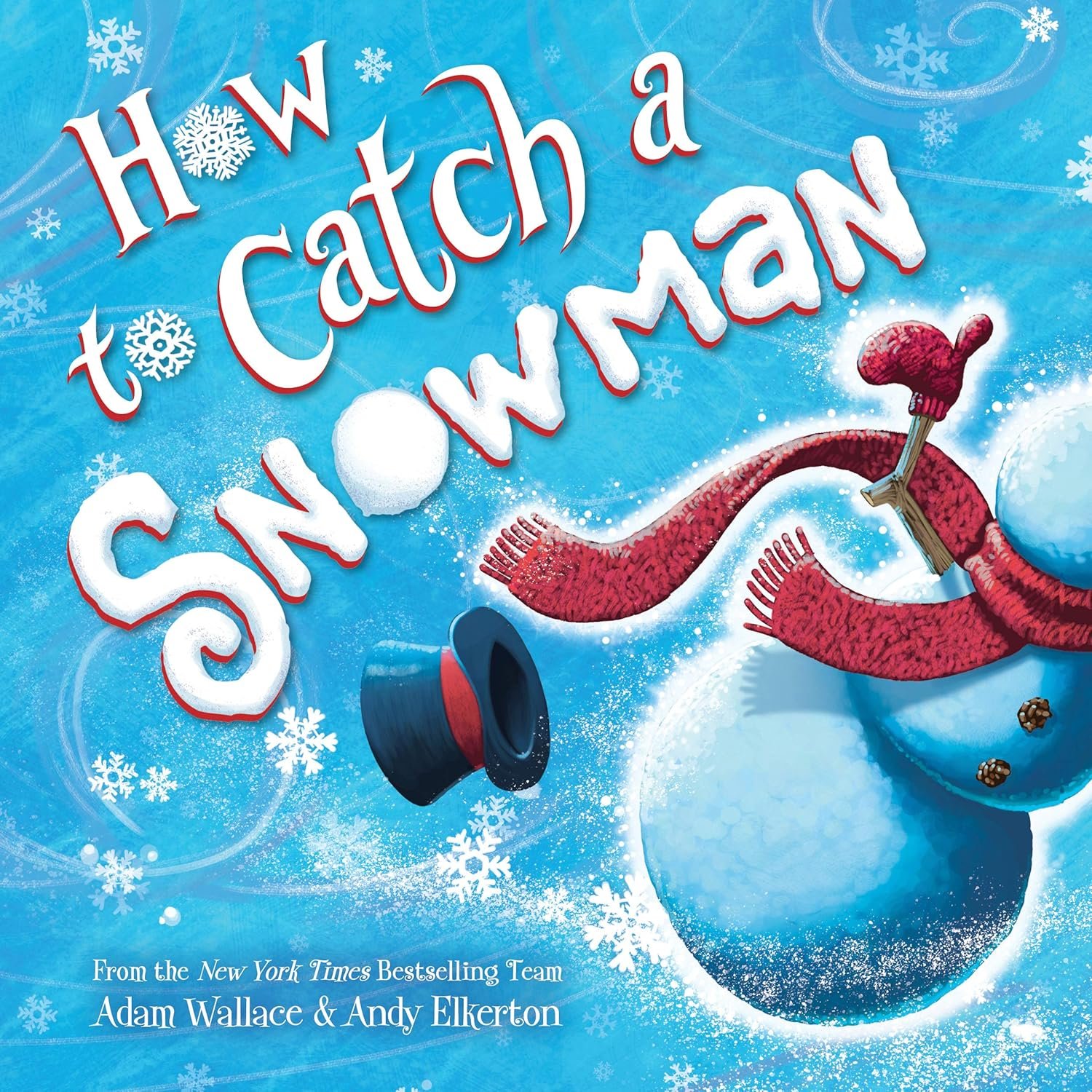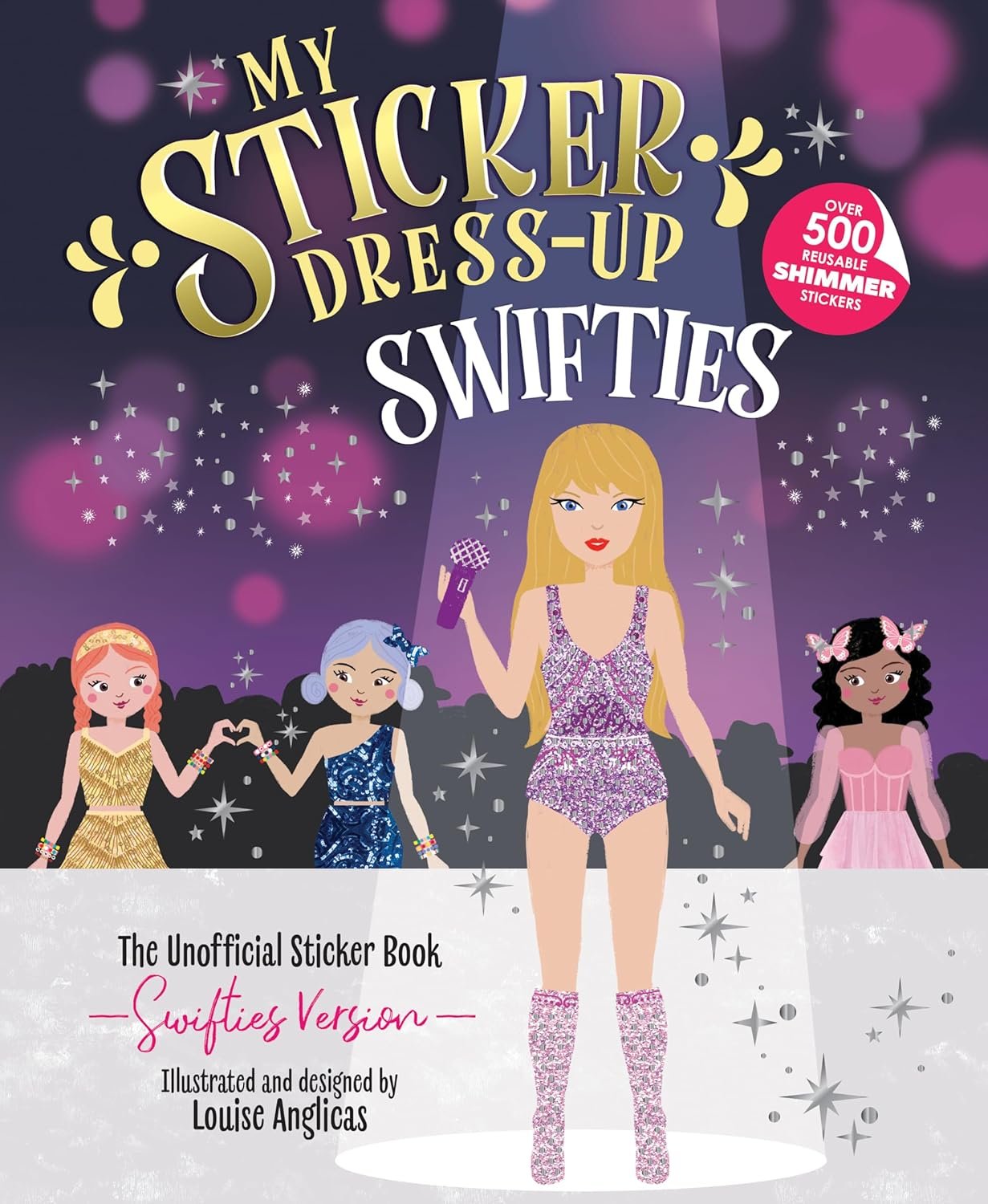Le Mans lies likes a sleeping giant in the fields along the Sarthe.
It has been more than ten years since Addie was allowed to make the trek to the walled city, perched beside her father in the family cart.
Now her heart quickens as she steps through the city gates. There is no horse this time, no father, no cart, but in the late-afternoon light, the city is just as busy, just as bustling, as she remembered. Addie doesn’t bother trying to blend in—if, now and then, someone glances her way, notices the young woman in the stained white dress, they keep their opinions to themselves. It is easier to be alone among so many people.
Only—she doesn’t know where to go. She pauses a moment to think, only to hear hooves clattering, too sudden and too close, and narrowly escapes being trampled by a cart.
“Out of the way!” shouts the driver, as she lunges back, only to collide with a woman carrying a basket of pears. It tips, spilling three or four onto the cobbled path.
“Watch where you’re going,” snarls the woman, but when Addie bends to help her fetch the fallen fruit, the woman screeches and stomps at her fingers.
Addie backs away and thrusts her hands into her pockets, clings to the little wooden bird as she continues through the winding streets toward the center of the city. There are so many roads, but they all look the same.
She thought this place would feel more familiar, but it only feels strange. A figment from a long-ago dream. When Addie was last here, the city seemed a wonder, a grand and vital place: the bustling markets, bathed in
sun; the voices ringing off of stone; her father’s broad shoulders, blocking out the city’s darker sides.
But now, alone, a menace has crept in, like fog, erasing the buoyant charm, leaving only the sharp edges jutting through the mist. One version of the city replaced by another.
Palimpsest.
She doesn’t know the word just yet, but fifty years from now, in a Paris salon, she will hear it for the first time, the idea of the past blotted out, written over by the present, and think of this moment in Le Mans.
A place she knows, and yet doesn’t.
How foolish to think it would stay the same, when everything else has changed. When she has changed, grown from a girl into a woman, and then into this—a phantom, a ghost.
She swallows hard, and stands up straight, determined not to fray or fall apart.
But Addie cannot find the inn where she and her father stayed, and even if she could, what did she plan to do there? She has no way to pay, and even if she had the coin, who would rent to a woman on her own? Le Mans is a city, but it is not so big that such a thing would pass beneath a landlord’s notice.
Addie’s grip tightens on the carving in her skirts as she continues through the streets. There is a market just past the town hall, but it is closing up, tables empty, the carts pulling away, the ground littered only with the dregs of lettuce and a few moldy potatoes, and before she can think of scrounging for them, they are gone, swept away by smaller, quicker hands.
There is a tavern inn at the edge of the square.
She watches a man dismount his horse, a dappled mare, and pass the reins to a stable hand, already turning toward the noise and hustle of the open doors. She watches the stable hand lead the mare across the way to a broad wooden barn, and vanish into the relative dark. But it’s not the barn that’s caught her eye, or the horse—it’s the pack still thrown across its back. Two heavy satchels, bulging like sacks of grain.
Addie crosses the square and slips into the stable behind the man and the mare, her steps as light and quick as possible. Sunlight streams weakly through the beams in the stable roof, casting the place in soft relief, a few
highlights amid the layered shadow, the kind of place she would have loved to draw.
A dozen horses shuffle in their stalls, and across the barn, the stable hand hums to the mare as he strips away its tack, tosses the saddle over the wooden divide, and brushes down the beast, his own hair a nest of knots and snarls.
Addie ducks low, creeping toward the stalls at the back of the barn, the sacks and satchels strewn on the wooden barriers between the horses. Her hands dart hungrily across the trappings, searching beneath buckles and under flaps. There are no purses, but she finds a heavy riding coat, a skin of wine, a boning knife the length of her hand. The coat she drapes around her shoulders, the blade goes into one deep pocket and the wine in the other as she creeps on, quiet as a ghost.
She doesn’t see the empty bucket until her shoe cracks against it with a sharp clatter. It falls with a muffled thud onto the hay, and Addie holds her breath and hopes the sound is lost among the shuffling hooves. But the stable hand stops humming. She sinks lower, folds herself into the shadows of the nearest stall. Five seconds pass, then ten, and then at last the humming starts again, and Addie straightens and makes her way to the final stall, where a stout draft horse lounges, munching grain, beside a belted bag. Her fingers drift toward the buckle.
“What are you doing?”
The voice, too close, behind her. The stable hand, no longer humming, no longer brushing the dappled mare, but standing in the alley between berths, a crop in his hand.
“Sorry, sir,” she says, a shade breathless. “I came looking for my father’s horse. He wanted something from his satchel.”
He stares at her, unblinking, his features half-swallowed by the dark sprawl of his hair. “Which horse would that be?”
She wishes she’d studied the horses as well as their packs, but she cannot hesitate, it would reveal the lie, so she turns quickly toward the workhorse. “This one.”
It is a good lie, as far as lies go, the kind that could have easily been true, if she’d only picked another horse. A grim smile twitches beneath the man’s beard.
“Ah,” he says, flicking the crop against his palm, “but you see, that one’s
mine.”
Addie has the strange and sickening urge to laugh.
“Can I pick again?” she whispers, inching toward the stable door.
Somewhere nearby, a mare whinnies. Another stamps its hoof. The crop stops snapping against the man’s palm, and Addie lurches sideways, between the stalls, the stable hand on her heels.
He’s fast, a speed clearly born from catching beasts, but she is lighter, and has far more to lose. His hand grazes the collar of her stolen coat, but he cannot catch her; his heavy steps falter and slow, and Addie thinks she’s free, right before she hears the crisp, bright sound of a bell ringing on the stable wall, followed by the sound of boots coming from outside.
She is nearly to the mouth of the barn when the second man appears, cutting like a wide shadow across the doorway.
“Has a beast got free?” he shouts before he sees her, wrapped in the stolen coat, her too-large boots catching on the hay. She scrambles backward, right into the arms of the stable hand. His fingers close around her shoulders, heavy as shackles, and when she tries to twist free, his grip digs deep enough to bruise.
“Caught her thieving,” he says, the coarse bristles on his cheek scraping hers.
“Let me go,” she pleads as he pulls her tight.
“This isn’t a market stall,” sneers the second, drawing a knife from his belt. “Do you know what we do with thieves?”
“It was a mistake. Please. Let me go.”
The knife wags like a finger. “Not until you’ve paid.” “I don’t have any money.”
“That’s all right,” says the second man, drawing closer. “Thieves pay in flesh.”
She tries to tear free, but the grip on her arms is iron as the knife comes to rest against the laces of her dress, plucking them like strings. And when she twists again, she is no longer trying to get free, simply trying to reach the boning knife inside the pocket of her stolen coat. Twice her fingers brush the wooden hilt before she manages to catch it.
She drives the blade down and back into the first man’s thigh, feels it sink into the meat of his leg. He cries out before he thrusts her away like a
hornet, flinging her forward, right onto the other man’s blade.
Pain screams through her shoulder as the knife bites in, skates along her collarbone, leaving a trail of searing heat. Her mind goes blank with it, but her legs are already moving, carrying her through the stable doors and out into the square. She throws herself behind a barrel, out of sight, as the men come stumbling, swearing, out of the barn behind her, their faces twisted with rage and something worse, something primal, hungry.
And then, between one step and the next, they begin to slow.
Between one step and the next, the urgency falters, and fades, the purpose slipping, like a thought, out of reach. The men look around, and then at each other. The one she stabbed stands straighter now, no sign of the tear in his trousers, no blood soaking through the fabric. The mark she left on him, erased.
They jostle, and rib, and head back into the barn, and Addie slumps forward, her head coming to rest against the wooden barrel. Her chest throbs, pain tracing a vivid line along her collar, and when she presses her hand to the wound, her fingers come away red.
She cannot stay there, curled behind the barrel, forces herself up, and sways, feeling faint, but soon the wave of sickness passes, and she is still on her feet. She walks, one hand pressed to her shoulder, and the other closed tight around the knife beneath her stolen coat. She doesn’t know when she decides to leave Le Mans, but soon enough she is crossing the courtyard, away from the stable and through the winding streets, past bawdy inns and tavern houses, past crowded steps and raucous laughter, giving the city up with every step.
The ache in her shoulder fades from a searing heat to a dull throb, and then, to nothing. She runs her fingers over the gash, but it is gone. As is the blood on her dress, swallowed up like the words she scrawled across her father’s parchment, the lines she drew in the silt on the riverbank. The only traces of it are on her skin, a crust of drying blood along her collarbone, a smear of browning red across her palm. And Addie marvels a moment, despite herself, at the strange magic of it, the proof that in one way, the shadow kept his word. Twisted it, yes, warped her wishes into something wrong and rotten. But granted her this, at least.
To live.
A small, mad sound escapes her throat, and there is relief in it, perhaps, but also horror. For the truth of her hunger, which she is only just discovering. For the ache in her feet, though they do not cut or bruise. For the pain of the wound in her shoulder, before it healed. The darkness has granted her freedom from death, perhaps, but not from this. Not from suffering.
It will be years before she learns the true meaning of that word, but in this moment, as she walks into the thickening dusk, she is still relieved to be alive.
A relief that flickers when she reaches the edge of the city. This is as far as Adeline has ever gone.
Le Mans looms at her back, and ahead the high stone walls give way to scattered towns, each one like a copse of tress, and then, to open field, and then, to what, she does not know.
When Addie was young, she would surge up the slopes that rose and fell around Villon, fling herself to the very edge of the hill, the place where the ground fell away, and stop, heart racing as her body leaned forward, longing for the fall.
The slightest push, and weight would do the rest.
There is no steep hill beneath her now, no slope, and yet, she feels her balance tilt.
And then, Estele’s voice rises to meet her in the dark.
How do you walk to the end of the world? she once asked. And when Addie didn’t know, the old woman smiled that wrinkled grin, and answered.
One step at a time.
Addie is not going to the end of the world, but she must go somewhere,
and in that moment, she decides.
She is going to Paris.
It is, beside Le Mans, the only city she knows by name, a place that played so many times across her stranger’s lips, and featured into every tale her father told, a place of gods and kings, gold and majesty, and promise.
This is how it starts, he would have said, if he could see her now.
Addie takes the first step, and feels the ground give way, feels herself tip forward, but this time, she does not fall.





